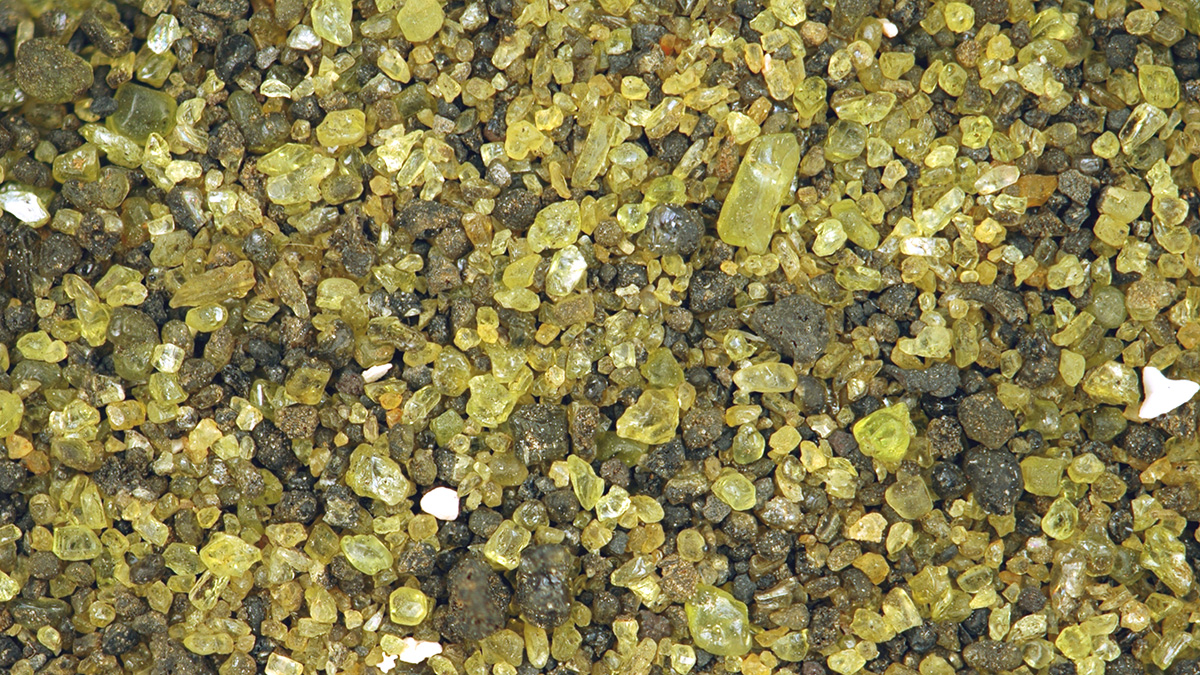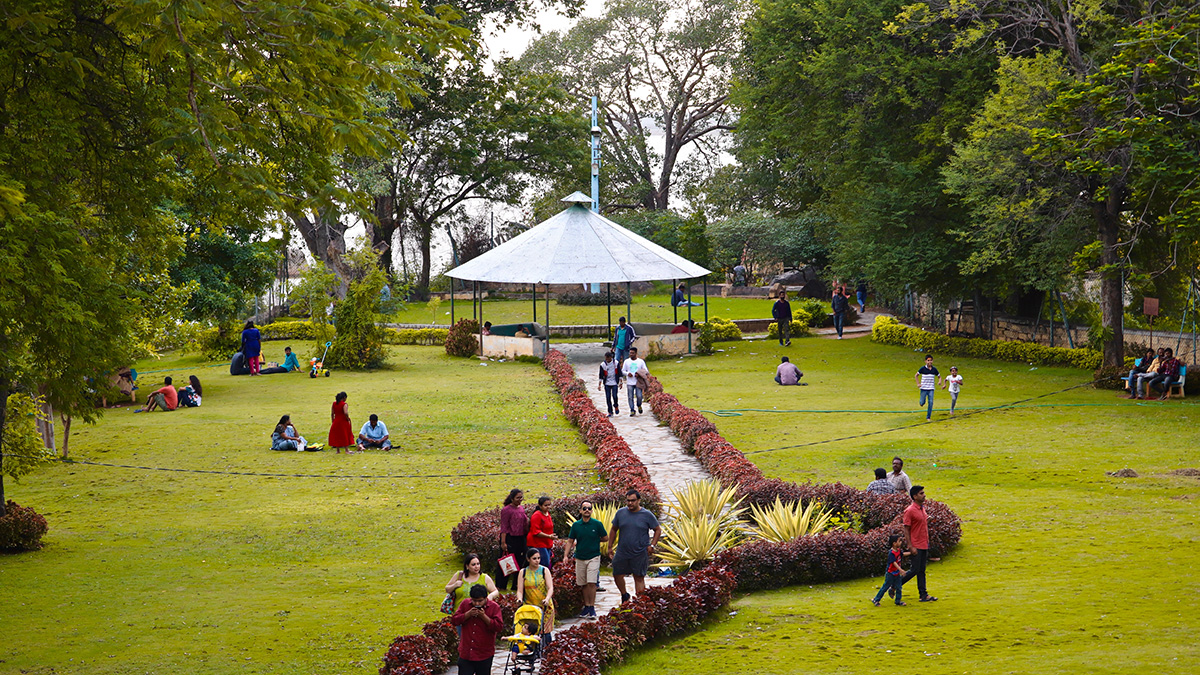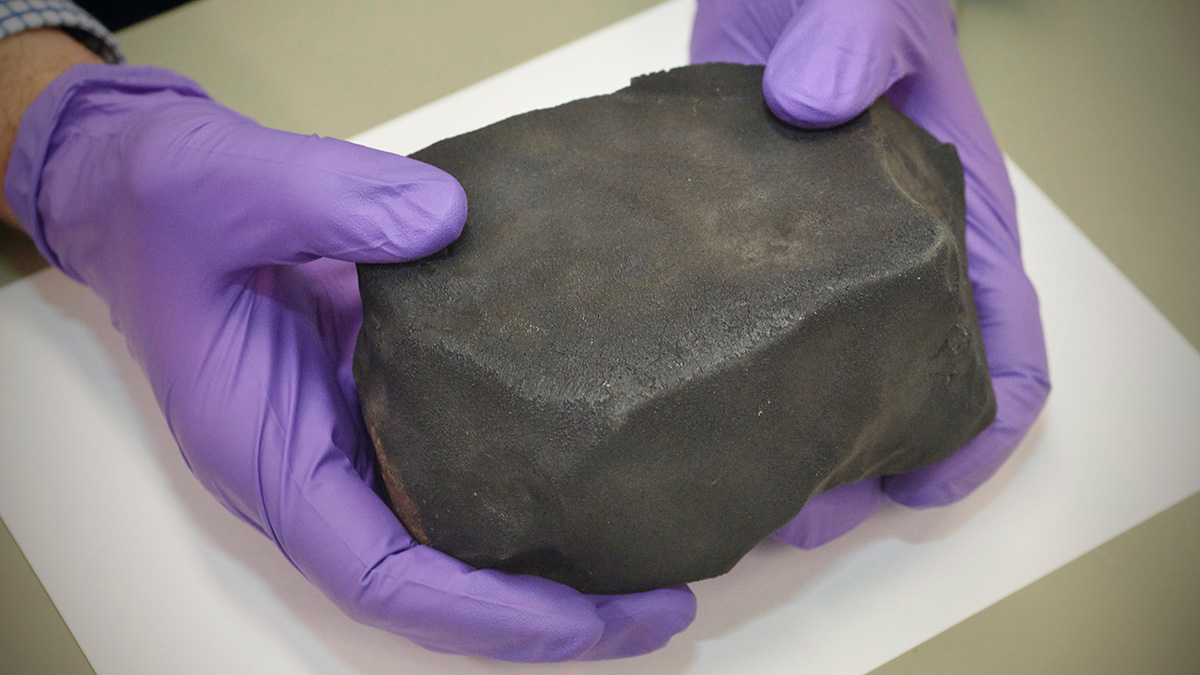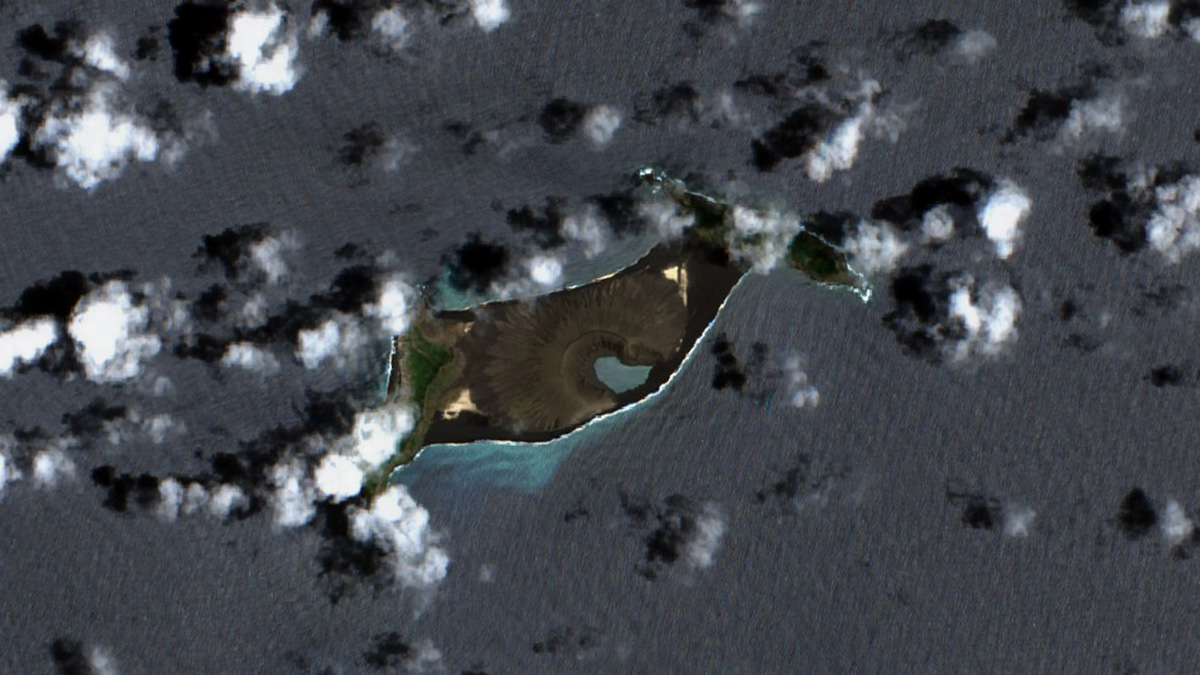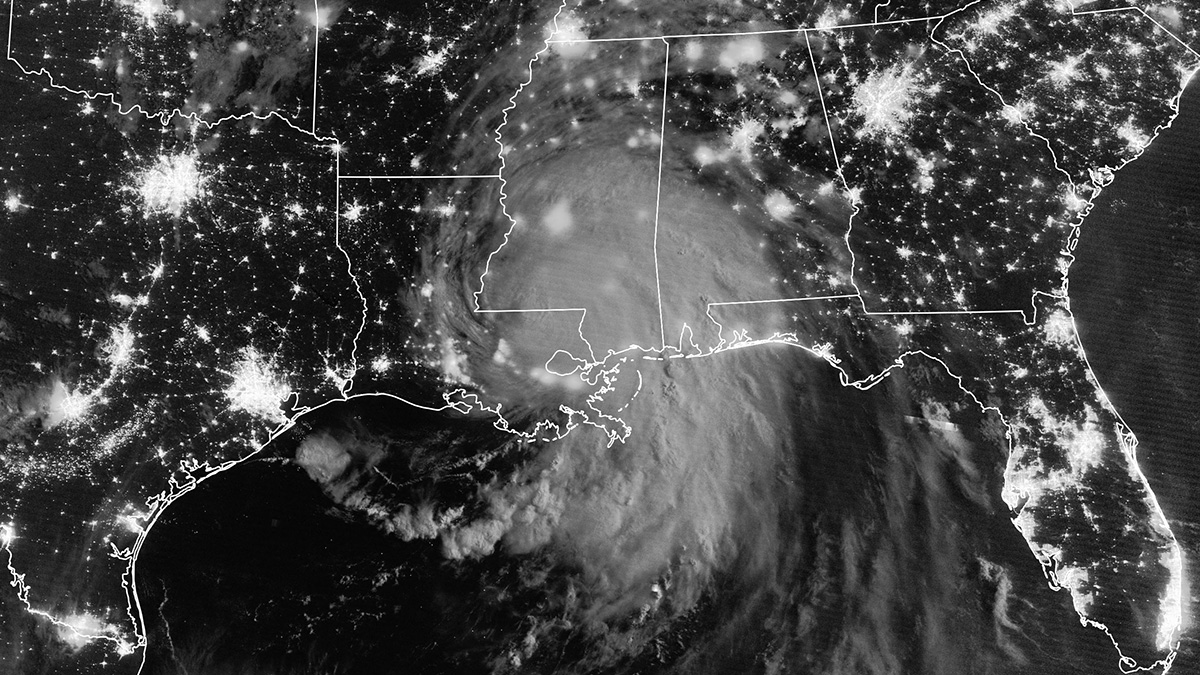International regulations have reduced aerosol pollutants released from ships. Now, researchers want to use ship tracks to better understand the ambiguous effects that cleaner air has on climate.
News
Can These Rocks Help Rein in Climate Change?
Spreading olivine on beaches could accelerate ocean uptake of carbon dioxide and potentially limit climate change. The concept and execution still face some scrutiny from scientists.
Evaluando los beneficios del urbanismo verde
Las comunidades de las ciudades necesitan considerar si la absorción del agua o los beneficios del enfriamiento son más importantes al diseñar los espacios verdes urbanos.
Massive Stars May Commit Grand Theft Planet
New simulations show that planets around young, massive stars may have been captured or stolen rather than homegrown.
Tiny “Pancakes” Suggest Some Asteroids May Stay Active
Analysis of a meteorite that fell in Costa Rica shows that its parent body may resemble the asteroid Bennu.
People Need to Think Bigger About Volcanic Catastrophes
New research outlines the risk of catastrophic eruptions and urges policymakers to support more widespread monitoring.
Wetlands on the Farm: Potent, Nutrient-Capturing Tools in (Relatively) Small Packages
Constructed wetlands can significantly reduce water pollution from tile-drained farms.
Written in Stone: Inca Buildings Remember Ancient Earthquakes
Damage to the Inca buildings of Cusco reveals a forgotten earthquake history that could help scientists understand modern seismic hazards.
Impact Crater off the African Coast May Be Linked to Chicxulub
The underwater crater, spotted serendipitously in commercial observations of seafloor sediments, is believed to have formed at roughly the same time as the famous Cretaceous-Paleogene impact event.
Un nuevo enfoque para un misterio sin resolver en la economía climática
¿Tienen los cambios de temperatura impactos económicos duraderos? Un truco “ingenioso” que identifica tendencias climáticas nos lleva un paso más cerca a abordar esta vieja pregunta en la economía climática.


